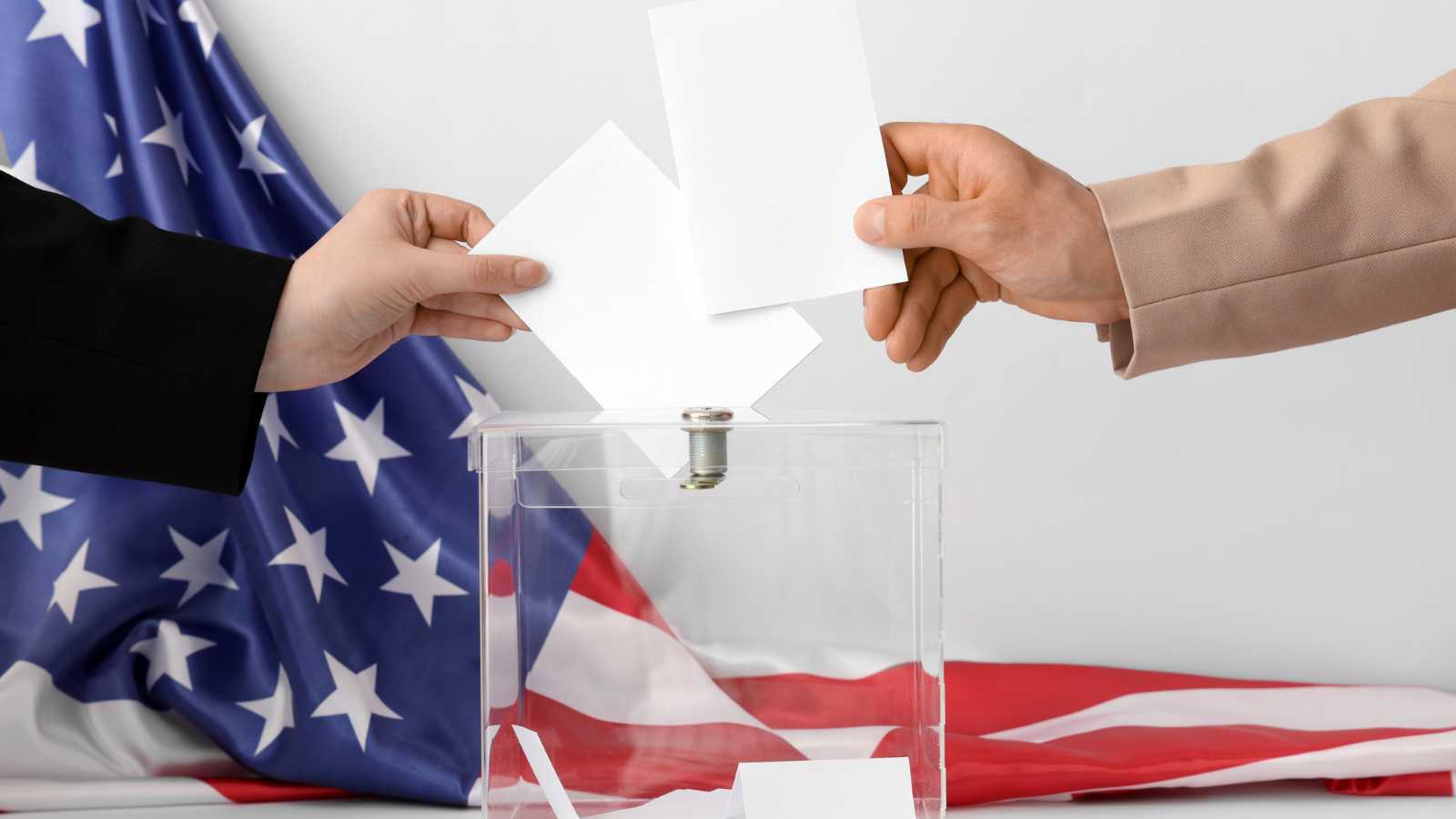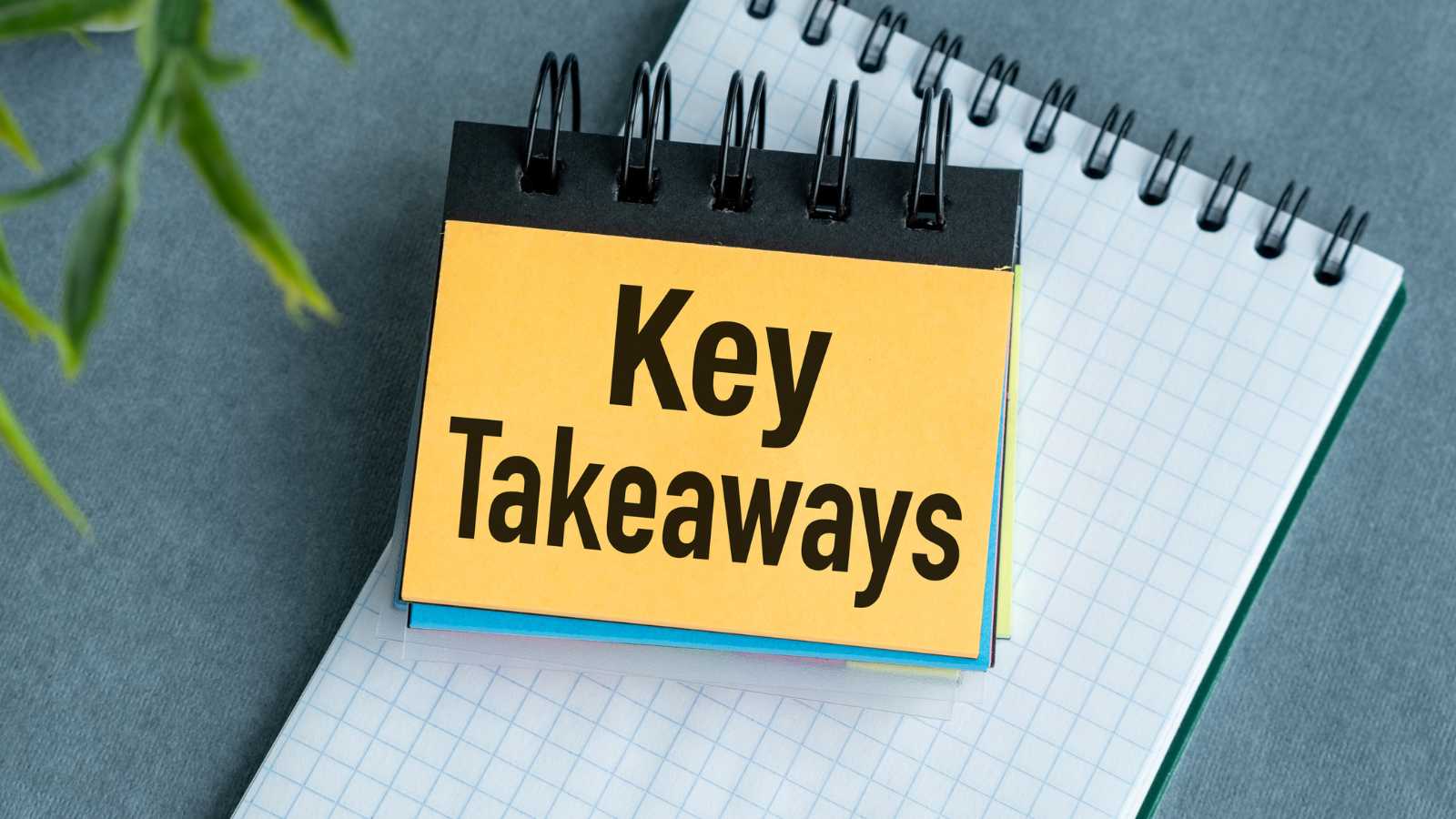The real reason people suddenly cut ties as they get older usually comes down to these 9 things

You probably noticed it happening at the last wedding you attended—the tables are emptier, the holiday card list is shorter, and your “ride or die” crew has shrunk to a “maybe grab coffee in March” duo.
It’s not just you, and it’s not just your imagination. We are living through what sociologists call a “Friendship Recession.” According to the American Perspectives Survey, the number of Americans who say they have no close friends has quadrupled since 1990, reaching 12% in recent years. I’ve felt this shift myself; I used to have a squad that required two Ubers, and now I have a group chat that stays silent for three weeks at a time.
But here’s the kicker: this isn’t always an accident. As we age, we don’t just “lose” friends; we actively curate them.
Research by ResearchGate shows that 47% of Americans report losing touch with friends in the last 12 months alone. But why? Is everyone just busy, or is something deeper going on? I dug into the data, and some of these reasons might sting a little.
Here are the nine real reasons why we suddenly cut ties as we get older.
The “200-hour rule” just isn’t feasible anymore
Ever wondered why you don’t just “make new friends” to replace the old ones? It comes down to cold, hard math. Research from the University of Kansas reveals a daunting statistic: it takes approximately 50 hours together to turn an acquaintance into a casual friend, 90 hours for a “real” friend, and a whopping 200 hours to become close friends.
In our 20s, racking up 200 hours was easy—we practically lived in dorms or bars. But now, finding 200 hours of discretionary time feels like trying to find a parking spot in Manhattan. When we cut a tie in our 40s or 50s, we often don’t have the “time budget” to invest in a replacement. We subconsciously calculate that return on investment, realize we can’t afford the “startup cost” of a new bestie, and decide just to ride solo instead. It’s not antisocial; it’s logistical survival.
Our tolerance for drama hits zero

You know that friend who treats every minor inconvenience like a Greek tragedy? In your 20s, you brought the popcorn; in your 40s, you block the number. This isn’t just grumpiness setting in; it’s a psychological phenomenon called the “Positivity Effect.”
As we age and perceive our time as limited, our brains naturally prioritize positive emotions and filter out negative ones. Stanford psychologist Laura Carstensen’s Socioemotional Selectivity Theory backs this up: older adults prune their networks to maximize emotional satisfaction and minimize stress. We simply run out of energy to “fix” people.
I remember finally ghosting a friend who thrived on chaos, and the silence that followed wasn’t lonely—it was peaceful. We trade breadth of connection for depth of peace.
The “parenthood wedge” forces a split
This one is awkward to talk about, but the data doesn’t lie. A massive 68% of parents report feeling “cut off” from their friends after having a baby. It creates a “compatibility gap” that is hard to bridge.
- The Parents: They suddenly need friends who understand why they can’t meet at 9 PM and why they need to leave by 7:15 AM. In fact, two-thirds of parents say it’s essential their child’s friends come from families “like theirs”.
- The Child-Free: They often feel alienated by the sudden rigidity of their friends’ schedules.
I’ve seen this happen in real time: the group chat splits into “Parents” and “Non-Parents” because their lifestyles operate in different time zones. It’s not malice; it’s just that one group is discussing diaper rash while the other is planning a spur-of-the-moment trip to Cabo. Eventually, the drift becomes a permanent break.
The wealth gap breeds silent resentment

Money talks, but it also silences friendships. As we move through our careers, income trajectories diverge, creating a “wealth gap” that didn’t exist when we were all broke students eating ramen. A recent survey found that 21% of people admit to losing a friendship specifically over money issues or financial incompatibility.
Psychologists call this “upward wealth inequality aversion,” or simply put: jealousy stings. When one friend wants to vacation in the Maldives and the other is stressing about rent, the friction becomes unbearable. I’ve personally felt that pang of anxiety when a friend suggests a restaurant I know I can’t afford.
To avoid the awkwardness of saying “I’m too broke for you now,” people often just fade away. Financial incompatibility is the silent killer of adult friendship.
We stop carrying one-sided relationships
Remember back in school when you did all the work on the group project? Some friendships feel exactly like that. A primary driver for ending friendships as we age is a “lack of reciprocity.” We get tired of being the only ones who text first, plan the dinners, or remember birthdays.
In a study analyzing why friendships end, “lack of effort” ranked among the top reasons, alongside selfishness. As we get older and our energy reserves drop, we audit our relationships. If we realize we are doing 90% of the heavy lifting, we drop the rope. It’s a self-preservation tactic.
We’d rather have four reliable friends than twenty flakes who drain our batteries. FYI: If you’re always the one reaching out, you might be the one getting cut.
Political views became moral dealbreakers

“Agree to disagree” is practically extinct. In today’s climate, political differences often signal a fundamental clash in moral values, making it impossible to share a beer, let alone a life. The stats are wild: 27% of Democrats and 10% of Republicans report that the political climate has damaged a friendship.
It’s not just about tax rates anymore; it’s about human rights and basic worldview. Young people (Gen Z) actually seem more tolerant, but for older adults who have solidified their values, the patience for opposing views wears thin. We engage in “conscious decoupling” from people whose ballot choices make us cringe. IMO, life is too short to argue with Uncle Bob on Facebook every Thanksgiving, so we just hit “unfriend” and move on.
Sobriety changes the social landscape
For those who decide to quit drinking, the social cost is steep. Research indicates that people who get sober drift apart from at least one close friend. Why? Because many adult friendships are structurally held together by alcohol.
When you remove the booze, you often realize you have nothing in common with your “drinking buddies” other than a shared hangover. One woman described the awkwardness of sipping sparkling water while her friend drank—the vibe just died. It’s not that sober people are boring; it’s that they threaten the dynamic. The newly sober person prioritizes health, while the drinking group feels judged. The result? A swift, necessary cut to protect recovery.
Weaponized “therapy speak”
We are living in the golden age of “Therapy Speak,” and it’s ruining relationships. Terms like “boundaries,” “toxic,” and “protecting my peace” have escaped the clinic and entered the group chat. While these concepts are healthy, experts warn that we are using them to execute “premature and detached breakups”.
Instead of having a difficult conversation, people now send a text saying, “I don’t have the capacity for this relationship right now,” and block you. It sounds professional, but it’s often just a fancy way to avoid conflict. We label difficult friends as “toxic” to justify cutting them off without guilt. It’s efficient, sure, but it’s also incredibly cold. We’ve intellectualized the act of dumping our friends.
Family estrangement is no longer taboo
Finally, the “cutting of ties” isn’t just for friends—it’s hitting the family tree. Data from Cornell University shows that 27% of Americans are currently estranged from a family member. That’s 67 million people who have looked at a parent, sibling, or child and said, “I’m done.”
This often peaks in middle age (the “sandwich generation”), when the stress of caring for kids and aging parents forces a hard look at who actually deserves our energy. The taboo against cutting off family is fading. We no longer accept abuse or toxicity just because we share DNA. If a family member drains us, we apply the same “pruning” logic we use on our friends.
Key Takeaway

Getting older clarifies what—and who—actually matters. Whether it’s the 200-hour investment required for new friends, the wedge of parenthood, or simply a refusal to tolerate one-sided effort, the shrinking of our social circles is a feature, not a bug. We trade quantity for quality, protecting our peace with a fierceness that our younger selves wouldn’t recognize.
So, if you find your circle getting smaller, don’t panic. You’re just making room for the people who truly fit.
Read the Original Article on Crafting Your Home.







